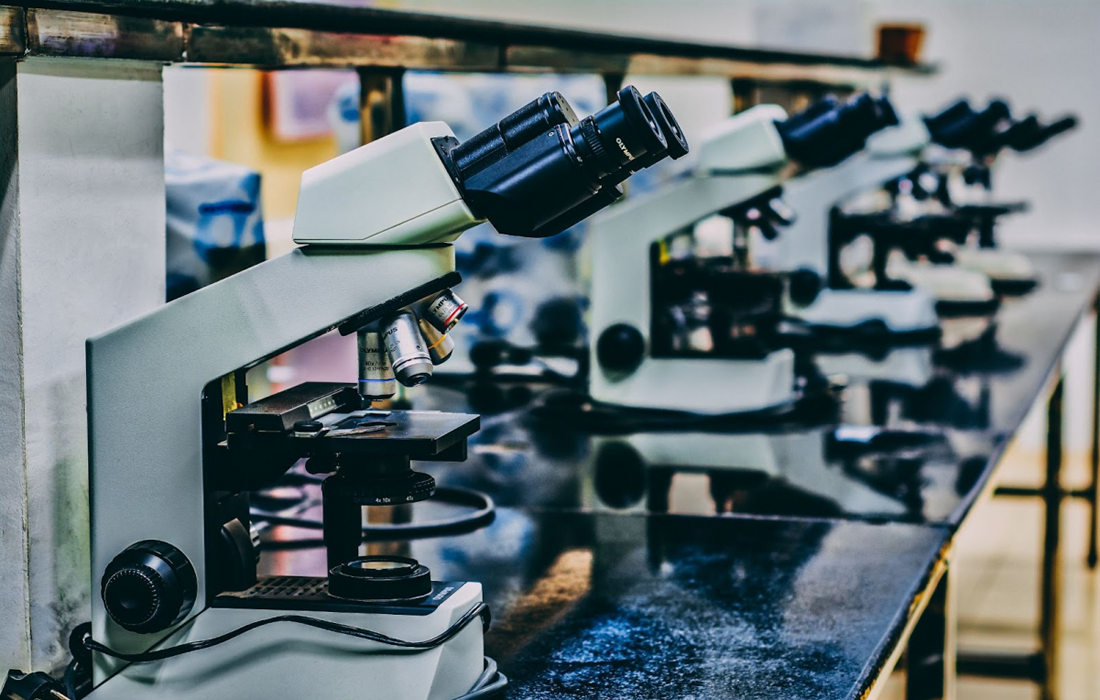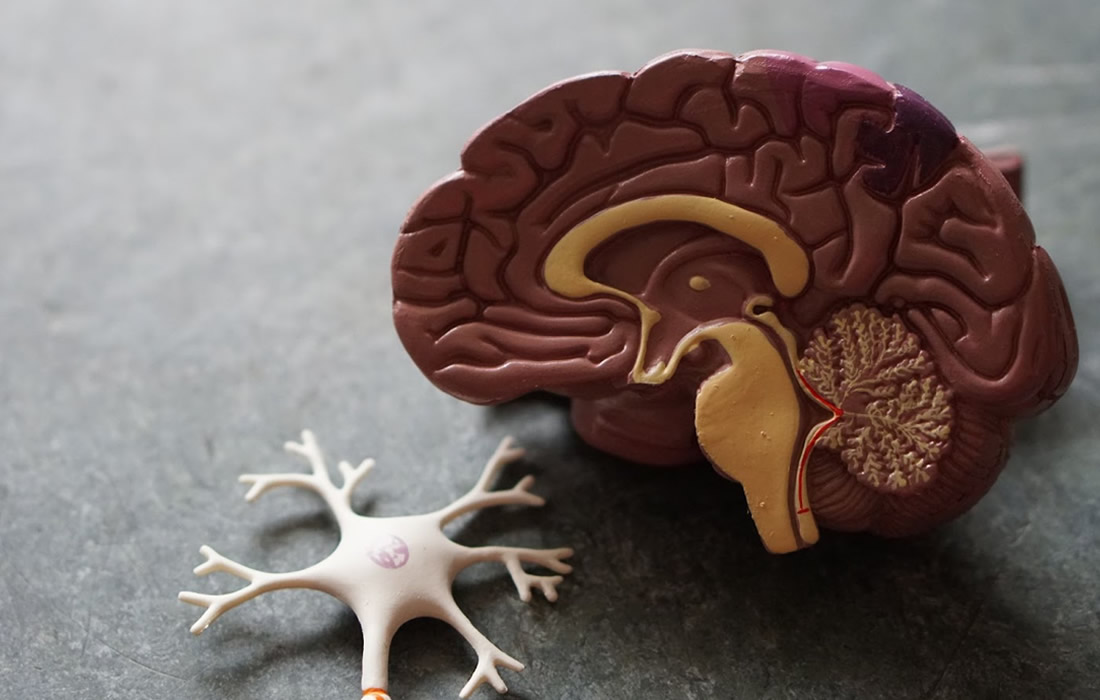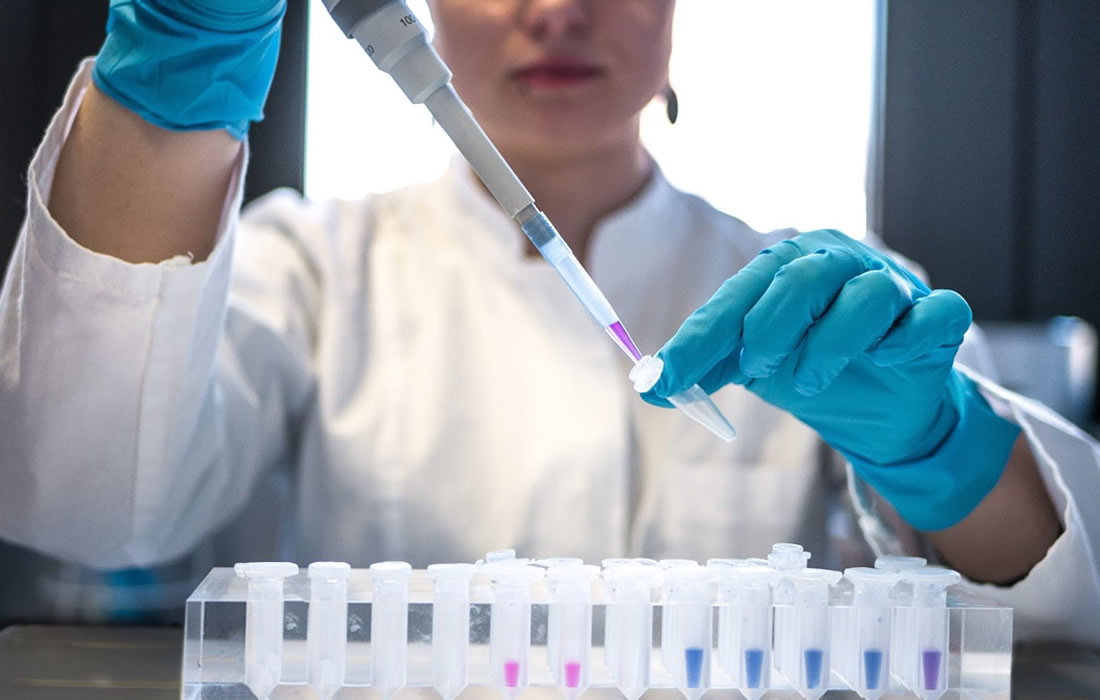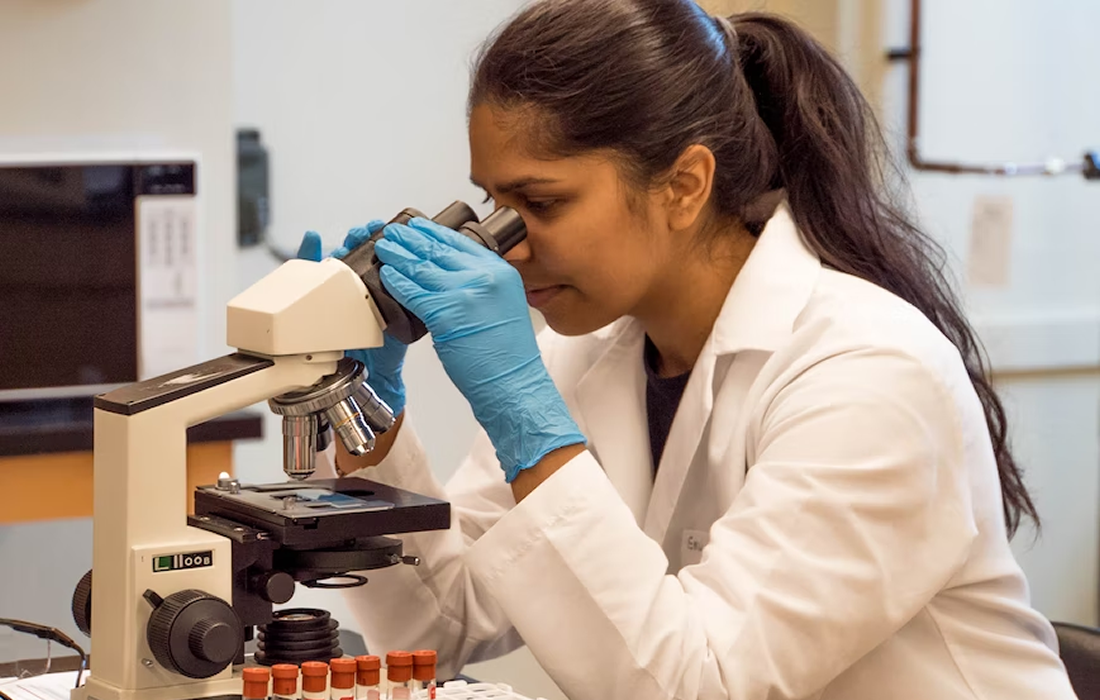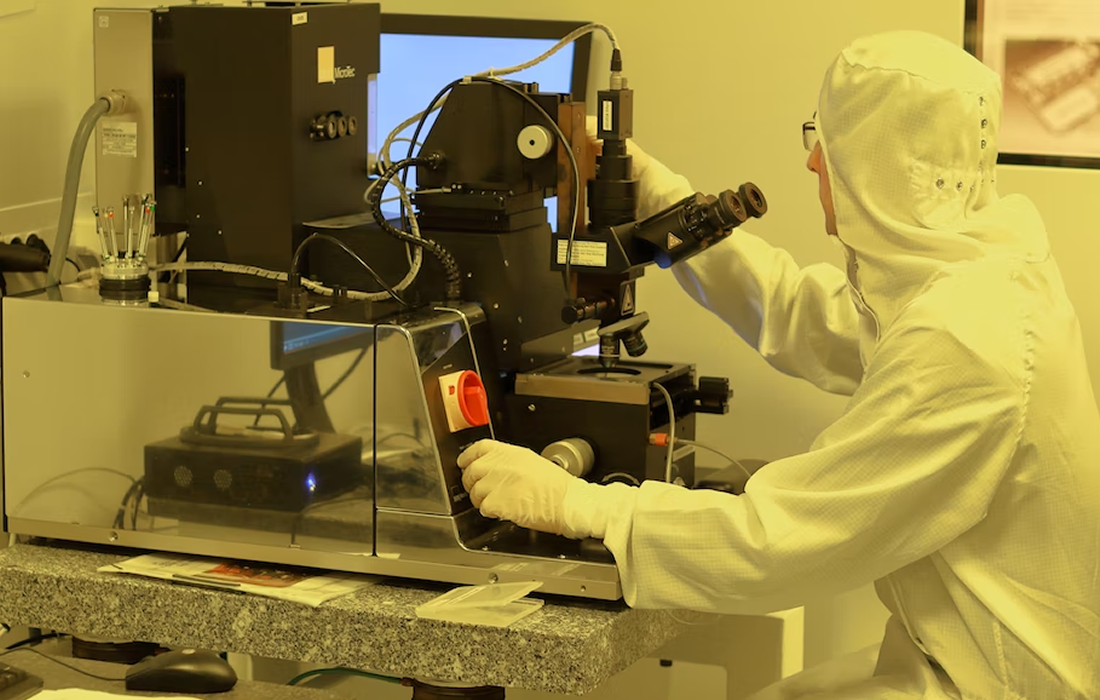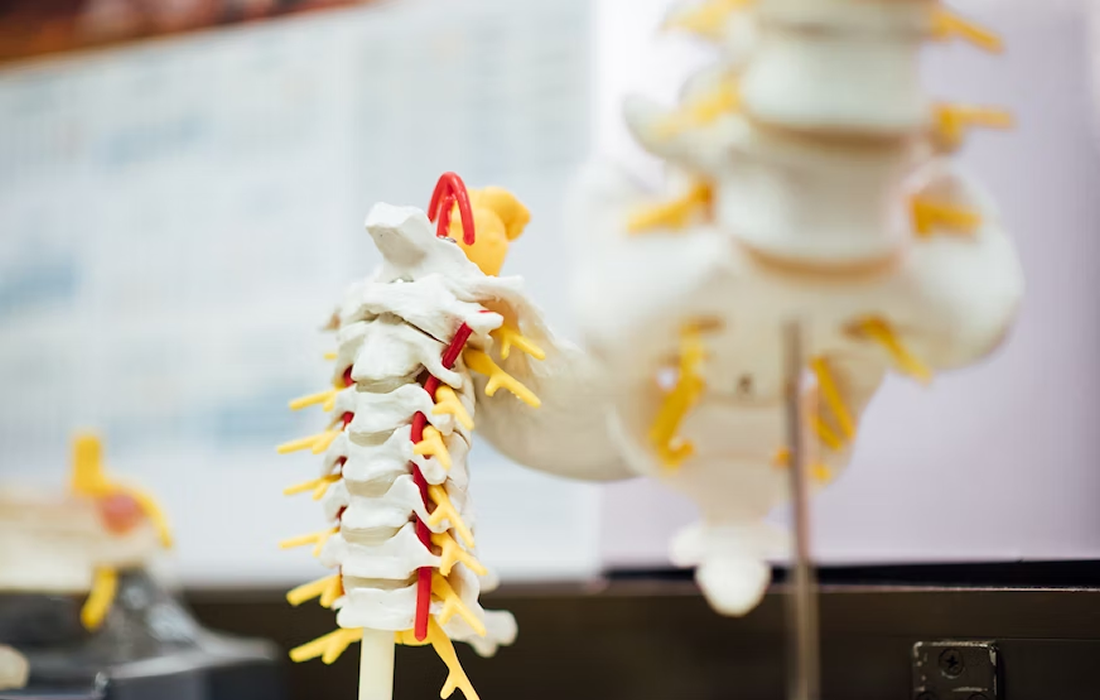Hematopoietic stem cells (HSCs) are important immature blood cells in bone marrow that can be triggered to develop into any blood cell type. HSC transplants can be used to treat conditions where bone marrow is damaged and no longer able to produce healthy blood cells, but the widespread and safe use of HSCs is limited […]
Category Archives: Stem Cell Therapy for Specific Conditions
The many types of cells in the human body are produced through the process of differentiation, in which stem cells are converted to more specialized types. Currently, it is challenging for researchers to control the differentiation of stem cells in the lab. Of particular interest are oocytes, which are female germ cells that develop into […]
A preclinical study using stem cells to produce progenitor photoreceptor cells — light-detecting cells found in the eye — and then transplanting these into experimental models of damaged retinas has resulted in significant vision recovery. This finding, by scientists at Duke-NUS Medical School, the Singapore Eye Research Institute and the Karolinska Institute in Sweden, marks […]
Neural stem cells (NSCs) produce neurons (nerve cells) and surrounding glial cells in the brain. By understanding how NSCs work, it could pave the way for therapies to speed up the neurons’ and glial cells’ regeneration. The new study, conducted using Drosophila fruit flies, shows that molecules that form a complex called STRIPAK are essential […]
A transplant of stem cells from the umbilical cord has resulted in a mixed-race woman going into remission for HIV for the first time. The woman, known as the New York patient, has been clear of detectable HIV since 2017, after she received stem cells that had been harvested from umbilical cord blood to treat […]
In a study, published in Stem Cell Reports, researchers highlight how various genetic differences have previously been associated with a higher risk of schizophrenia. These differences affect a protein called complement component 4 (C4), which is more active in the brains of people with schizophrenia. To develop effective drugs for lowering C4 levels, the researchers […]
In proof-of-concept experiments, Johns Hopkins Medicine scientists say they have successfully cultivated human muscle stem cells capable of renewing themselves and repairing muscle tissue damage in mice. To make the self-renewing stem cells, the scientists began with laboratory-grown human skin cells that were genetically reprogrammed to a more primitive state in which the cells have […]
Stem cells can develop into many different types of cells in the body. For instance, when a person is injured, stem cells come to the site of the injury and aid in healing damaged tissues. New nanotechnology developed by a team of researchers from Texas A&M University could leverage the body’s regenerative potential by directing […]
In recent years, researchers have made measurable progress, using animal models, to promote tissue regeneration in spinal cord injuries (SCI) through implanted neural stem cells or grafts. Other efforts have shown that intensive physical rehabilitation can improve function after SCI by promoting greater or new roles for undamaged or spared cells and neural circuits. In […]
In a clinical trial, researchers loaded stem cells from a patient’s own fat tissue onto a bioabsorbable plug that was then surgically implanted to close an anal fistula tract. They followed the patients for one year and reported results. Perianal fistulas are painful tunnels between the intestine and the skin that often do not go […]

